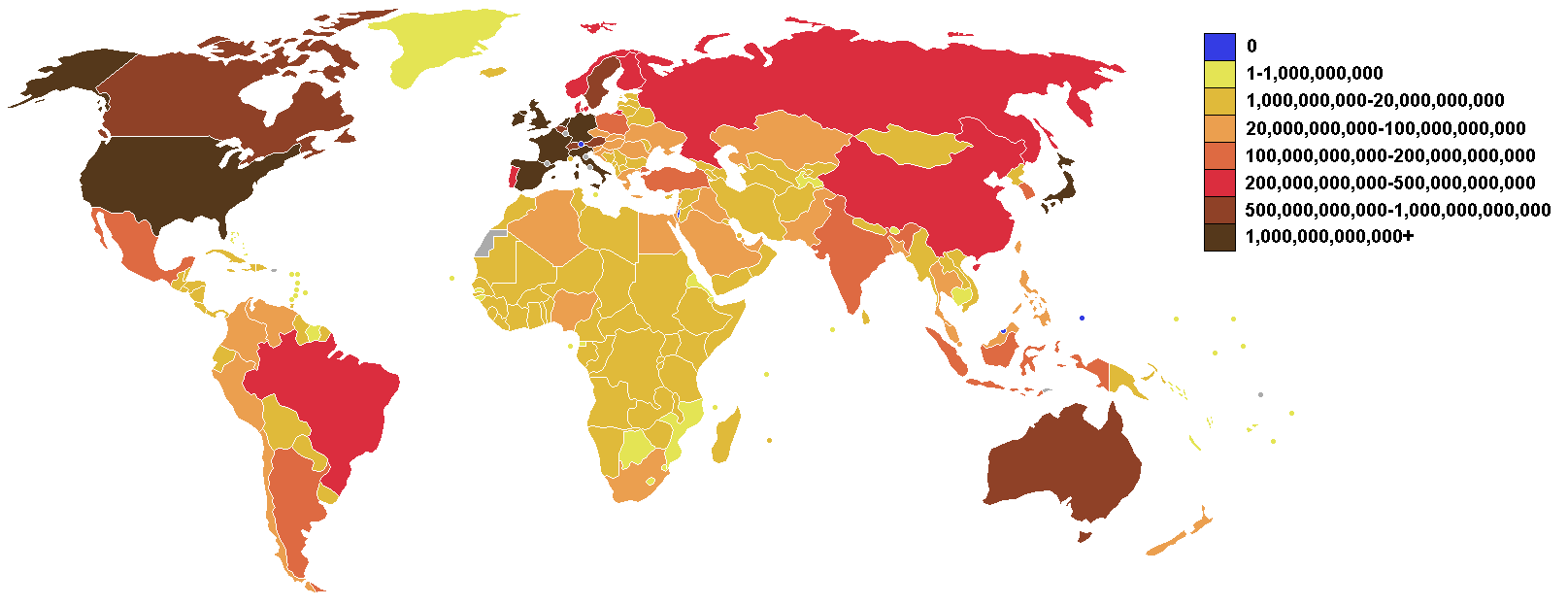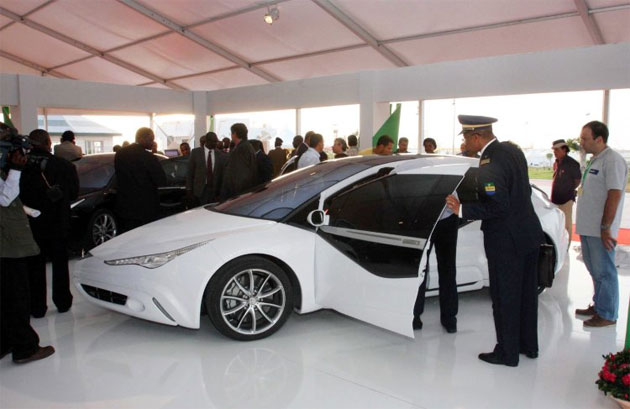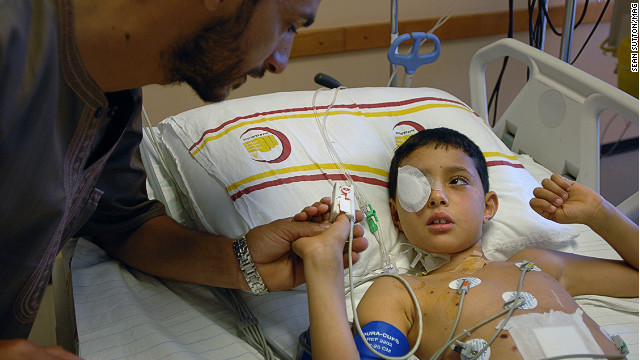
October 20, 2012 marked the 1 year anniversary of Muammar Qaddafi’s violent death. Since his death, Libya has become a better country. The election in July 2012 was an extraordinary moment: the first time, after 42 years of dictatorship, that Libyans were given the opportunity to vote.
But, while this Qaddafi was ruling Libya with an iron fist, eliminating all political opposition and restricting the lives of Libyans, he was also doing more for the country than many African leader. Make no mistake, the general consensus in Africa, too, was that it was time for the dude to go — even while he was dreaming of a united Africa he was quite divisive in his relations with Africa as a whole, and from time to time expelling black Africa from Libya and encouraged xenophobia against them.
The previously stated comments do not underestimate the myriad of challenges that Libya now faces, shown up most starkly by the murder of the US ambassador in Benghazi. The transitional government is still very weak, armed militias are still roaming around in anarchy, and radical Islamist groups in the east of the country are a great threat to peace efforts. But Libya is nowhere near Syria and its state of chaos. (The population is Sunni Muslim; the sectarian element is missing. Plus there is oil.)
Most Libyans remain optimistic about the future. They want their country to be a successful unitary state and perhaps over time it will be.
After extensive research, we found 10 questionable facts about Libya under Qaddafi rule. It’s now time for Top 10 viewers to re-examine these facts and see whether there is some truth to them….and then ask yourself: will the new government keep these rights Libyans fought for?
1. Electricity
There are no electricity bills to be paid in Libya; electricity is free for Libyans.
Also, new research suggests that the North African country could produce about five times more power from solar energy than it does from oil.
Research conducted by Nottingham Trent University’s School of Architecture, Design and the Built Environment found that the oil-rich nation, with the help of the right investment, could harvest enough renewable energy from solar power to make its own electricity demands and export power to the neighboring countries.
2. Alcohol
The consumption of alcohol is prohibited in the country. Like most Arab states, the country faces a major problem with home-made alcohol and its consumption.
51 people died on March 9, 2013 after drinking homemade alcohol, most of them from the Libyan capital Tripoli. More than 300 others suffered from alcohol poisoning, according to a statement made by the health ministry.
Libya has seen a big increase in drug and alcohol trafficking over the years, especially after the 2011 war that saw the ousting of totalitarian Dictator Muammar Qaddafi.
More info about alcohol & tobacco: Alcohol & Tobacco costs are high compared to other places for items such as beer, spirits, wine and cigarettes. There are 212 places that are more expensive, and 567 places that are less expensive for alcohol and or tobacco.
Benchmark price for a pack of 20 cigarettes in a store is USD$1.92.
3. Buying a car
If a Libyan citizen wants to buy a car, the government would pay for 50 percent of the price.
4. Education
Education and medical treatments are provided to all citizens for free. Before Qaddafi came to power only 25 percent of Libyans were literate. Today, the figure is approximately 83 percent. However, only 25 percent of Libyans have a university degree. However, accessibility is still a major issue.
5. Child Subsidies
A mother who gives birth to a child receives U.S. $5,000. This right applied mostly to elite family who had a reputable status in Libya. Most proletariat families never saw such subsidy EVER.




